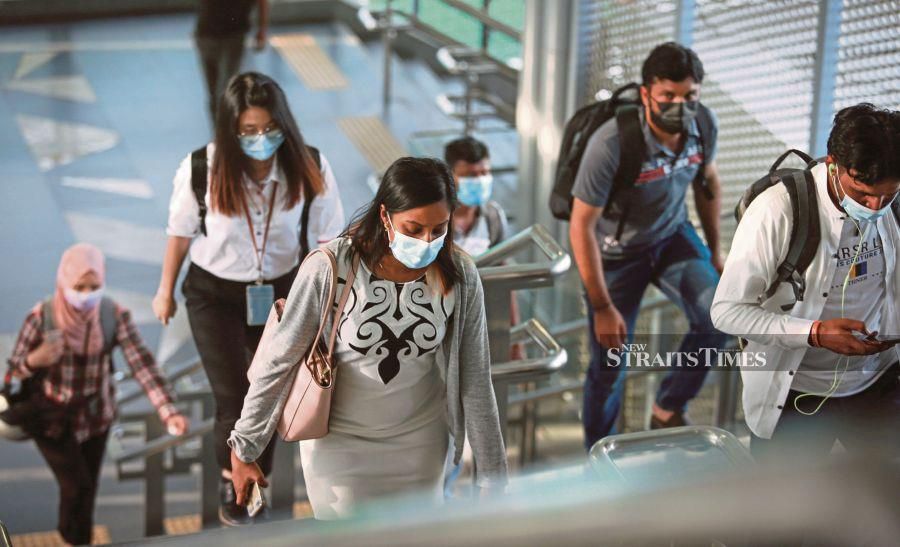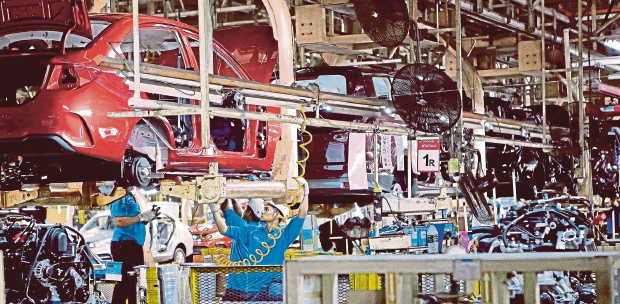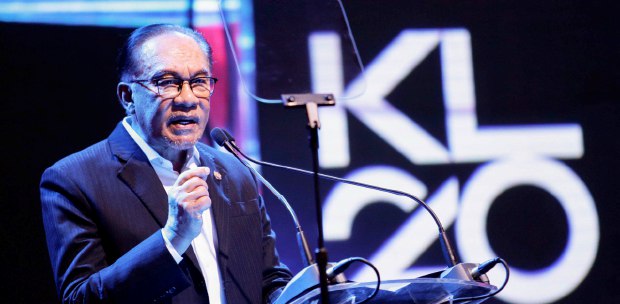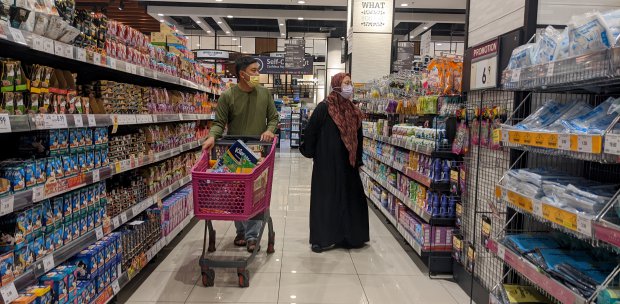IF you are passionate about volunteerism, then there is some good news for you: help build back better a post pandemic world by harnessing your passion for social change.
The secretary-general of the United Nations, Antonio Guterres, is pushing to create a new understanding on how local communities, the foundation of a nation, can be involved and participate in local affairs in a big way.
It's about letting them step up their roles and responsibilities to build back better. The challenge is how to create new pathways of civic participation that will help a country like Malaysia to achieve Sustainable Development Goals (SDGs).
Dr Juita Mohamad, in an op-ed piece for this newspaper, said,it is great that finally for the "12th Malaysia Plan and the 2021 Budget, the government allocated a significant sum to localise SDGs". Yet, if we really want to leverage the power of people through volunteerism and other forms of civic actions for social change, this is not enough.
Malaysia cannot wait for the trickle-down effects to be visible once the budget and the new national development plan is implemented. Civil society organisations (CSOs), schools, universities, private enterprises and engaged citizens should form "local compacts for the common good".
I know this might sound like one of my usual "abstract" ideas, but give me a chance to pitch its basic features and see if it makes sense. "Local compacts for the common good" refers to partnership agreements among different stakeholders in a given area, each of them coming up with ideas and propositions to help improve a particular issue.
Let's say that we are dealing with an area with deep pockets of social marginalisation and high vulnerabilities. Each member of the compact, leveraging their own expertise and unique strengths and capabilities, could present ideas to other members, creating a collective "ideation" process that might define potential solutions.
In such a way, each stakeholder might express the desire to intervene in one particular SDG, and then all together, so the best ideas will be tested and scaled. A company might present a plan to offer paid internships to local youth with disabilities or to members of the Orang Asli community.
Such action would be instrumental to achieve SDG 8, which is promoting "sustained, inclusive and sustainable economic growth", but also SDG 10, which is focused on "reducing inequalities".
The local university that signed up to the compact might go beyond the "tokenistic" projects and create new learning pathways for target groups, offering access to higher quality education, and create new spaces of interactions among youths. These would be conducive to SDG 4, targeting quality education and several others.
Local CSOs could work in tandem, advising and helping the university into designing effective and meaningful tools, including offering internships to students. Ultimately, the same beneficiaries or target groups should be in the driving seat of such compacts because they are the ones who know better about their situations and the way forward.
What they need is support and "anchoring" institutions that are ready to listen and help. Universities in Malaysia are the budding "rockstars" of the Times Higher Education Impact Rankings, but how many are focused on enabling true and bold collaborations?
First, start a conversation locally. A university could involve its students "clubs and associations" to establish new relationships with local stakeholders. Faculty members could open the doors to other expert and scientific partners. A series of roundtables, for now virtual only, would offer an idea on each participant's strengths, interests and expertise.
Volunteerism would be a key component of such collaboration, because ultimately, social change of any type, will only happen if people are mobilised and enabled to participate. At the end of the day, volunteerism can embody different forms of actions.
This week, UNV, the volunteerism promoter within the UN, organised a virtual programme — "Volunteering as a Transformative Strategy for the Decade of Action" — as part of the 8th Asia-Pacific Forum on Sustainable Development.
These forums can help facilitate a new understanding of the power of volunteerism and overall civic participation. Such forums could be also localised, simplified and implemented with the means available at local levels. This could be the formula of a new way of participatory policymaking.
We are going to need more government support this decade, but also more participation and more ownership from other agents of change, starting from the citizenry and civil society.
The author is the co-founder of ENGAGE and writes on social inclusion, youth development, regional integration and the SDGs in the context of Asia Pacific






